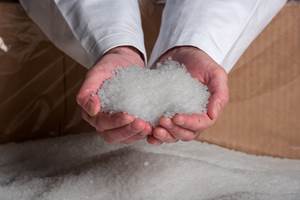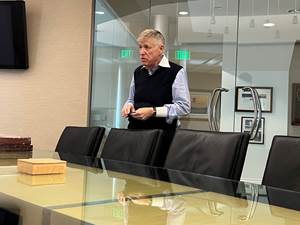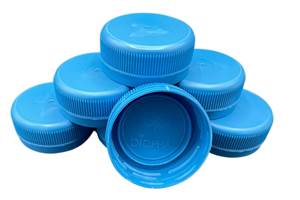Major Cash Infusion for PEF Bioplastic Barrier Resin Underway
PEFerence consortium led by Synvina awarded over $28 million to build plant for key feedstock.
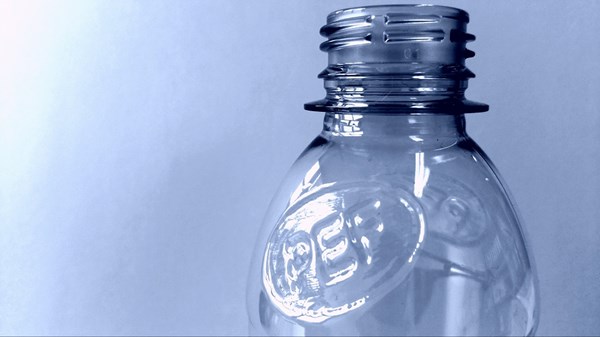
It was just last year that we reported on the joint venture between BASF and The Netherlands’ Avantium to produce polyethylene furanoate (PEF), a 100% biobased alternative to PET. Called Synvina, the JV is coordinator of the 11-member industry consortium “PEFerence”, which was awarded a $28 million subsidy by the European Joint Undertaking on Bio-Based Industries (BBI), a group consisting of representatives from the EU and the biobased industry.
Besides Synvina and its shareholders BASF and Avantium, the other partners—ranging from raw material producer to brand owner are:
● Tereos Participations (France)
● Alpla Werke Alwin Lehner GmbH & Co. Kg (Austria), OMV
Machinery Srl (Italy) and Croda Nederland B.V. (The
Netherlands)
● Nestec Sa (Switzerland) and Lego Systems As (Denmark)
● Nova-Institut fur politische und okologische Innovation GmbH (Germany) and Spinverse Innovation Management Oy (Finland)
For Avantium, the goal to produce PEF has been in the works since late 2010. That was when the company commenced its pilot project for the production of furanics—a class of chemical building blocks used to produce innovative “green” fuels, chemicals, and renewable materials. The company’s furanics are branded as YXY, and by end of 2011, Avantium has started up a furandicarboxylic acid (FDCA) monomer pilot unit as well as a small YXY polyethylene furanoate (PEF) pilot plant.
Since then, Avantium has been pushing for commercial-scale production of PEF through approaches such as licensing and partnering arrangements with Coca-Cola and Alpla, in the belief that once commercial scale is achieved, PEF would compare quite favorably with bottle king PET. PEF reportedly has oxygen barrier that is 10 times that of PET, along with double the water vapor and four times the CO2 barrier. It glass-transition temperature of 190.4 F is 53.6 F higher than PET, with a tensile modulus that is 1.6 times greater. The thinking is that even though PEF has about a 5% higher density than PET, it could make lighter bottles by thin-walling and/or eliminating barrier layers.
The Synvina JV was formed to advance the production and marketing of PEF’s main and green FDCA building block, as well as marketing of PEF. Synvina will use Avantium’s YXY process for the production of FDCA, and is also further developing the process. The new grant supports the establishement of an innovative value chain for biobased raw materials as well as chemicals and materials based on PEF. Most crucially, this included the construction of a 100-million lb/yr FDCA reference plant at BASF’s Verbund site in Antwerp, Belgium.
The ultimate aim is to build up world-leading positions in FDCA and PEF, and subsequently license the technology for industrial-scale application. Because of its excellent barrier properties, high mechanical strength, and recyclability, PEF is viewed as highly suitable for the production of certain food and beverage packaging, including films and bottles. PEF is said to be suitable for the production of bottles for both carbonated and non-carbonated beverages, foil pouches as well as personal and household products.
BBI acknowledges the engagement of “PEFerence” for more ecofriendly materials and end products, resulting in substantial benefits for the environment and society. In its assessment for granting the award, BBI cited that PEF bottles can be recycled and used again as raw material for bottles, as well as for packaging and textiles. Also cited are its superior product properties to conventional PET and improved barrier properties for gases, which allow for a redefinition of packaging solutions based on PEF.
Said Synvina CEO Patrick Schiffers, “The grant of the BBI is a strong signal for Synvina and our partners along the value chain to continue our mutual process to make PEF commercially available…to open up a market for a new plastic based on renewable feedstock is a major challenge that we best meet with strong partners and our combined expertise. We share the common goal to get PEF commercially to the market thereby providing the market materials with superior properties and to establish sustainable and biobased plastic value chains.”
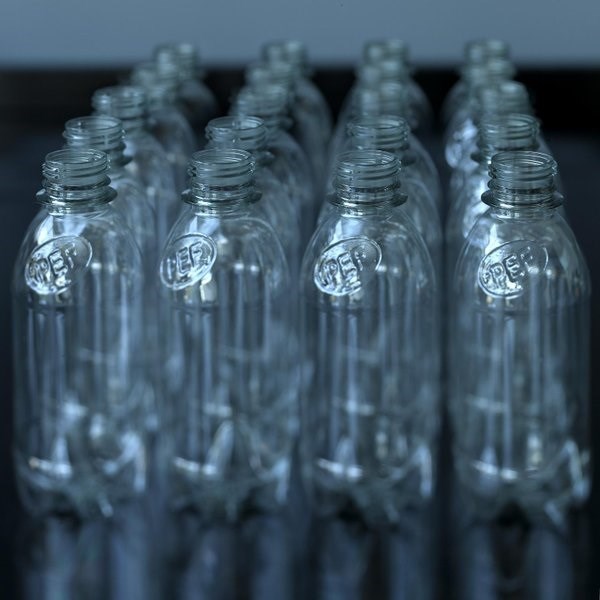
Related Content
‘Monomaterial’ Trend in Packaging and Beyond Will Only Thrive
In terms of sustainability measures, monomaterial structures are already making good headway and will evolve even further.
Read MoreUS Merchants Makes its Mark in Injection Molding
In less than a decade in injection molding, US Merchants has acquired hundreds of machines spread across facilities in California, Texas, Virginia and Arizona, with even more growth coming.
Read MoreLatest Data on Bottled Water Shows Continued Strong Growth
Bottled water’s volume surpassed soft drinks for the first time in 2016 and has done so every year since.
Read MorePHA Compound Molded into “World’s First” Biodegradable Bottle Closures
Beyond Plastic and partners have created a certified biodegradable PHA compound that can be injection molded into 38-mm closures in a sub 6-second cycle from a multicavity hot runner tool.
Read MoreRead Next
See Recyclers Close the Loop on Trade Show Production Scrap at NPE2024
A collaboration between show organizer PLASTICS, recycler CPR and size reduction experts WEIMA and Conair recovered and recycled all production scrap at NPE2024.
Read MoreFor PLASTICS' CEO Seaholm, NPE to Shine Light on Sustainability Successes
With advocacy, communication and sustainability as three main pillars, Seaholm leads a trade association to NPE that ‘is more active today than we have ever been.’
Read More


















